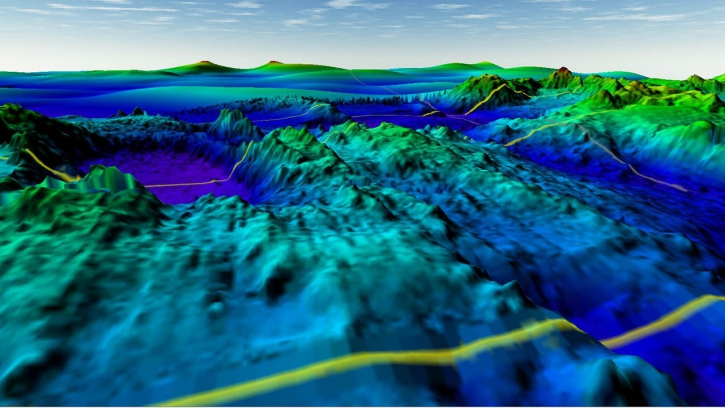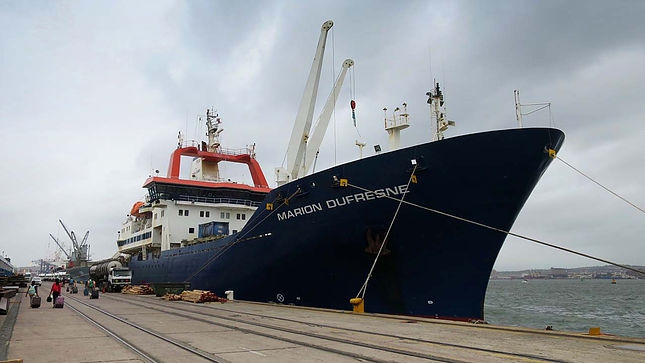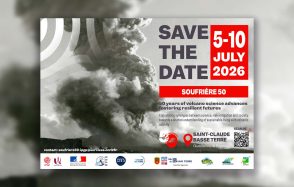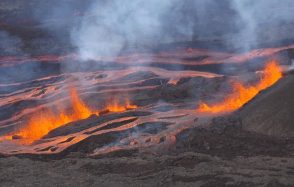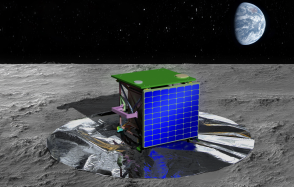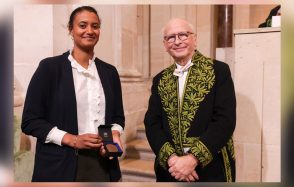Magofond 4 campaign – southern flank, Rijser-Larsen Sea, Antarctic Plate
The Magofond 4 campaign focuses on the Earth's magnetic field over a particular period of almost 40 million years, during which the field did not reverse.
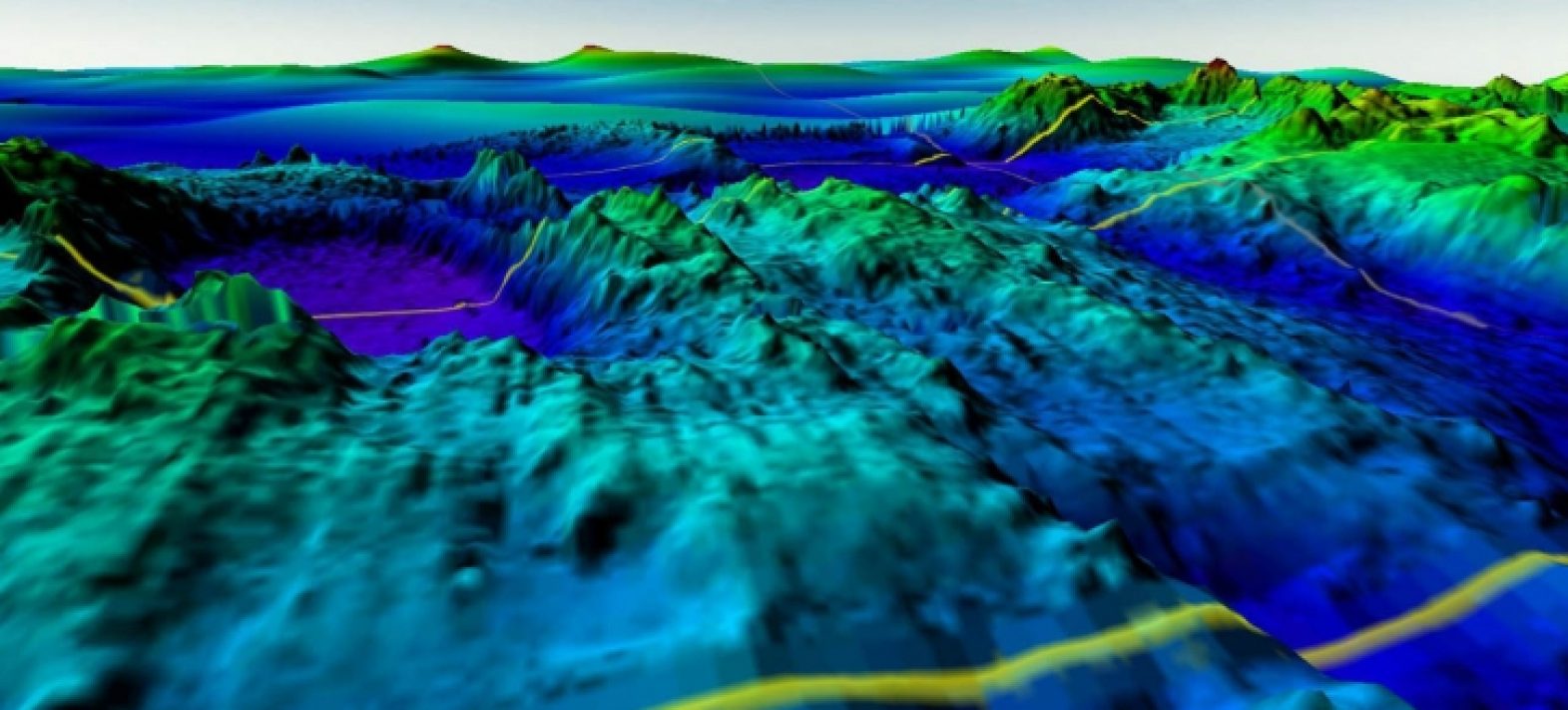
Latest news





